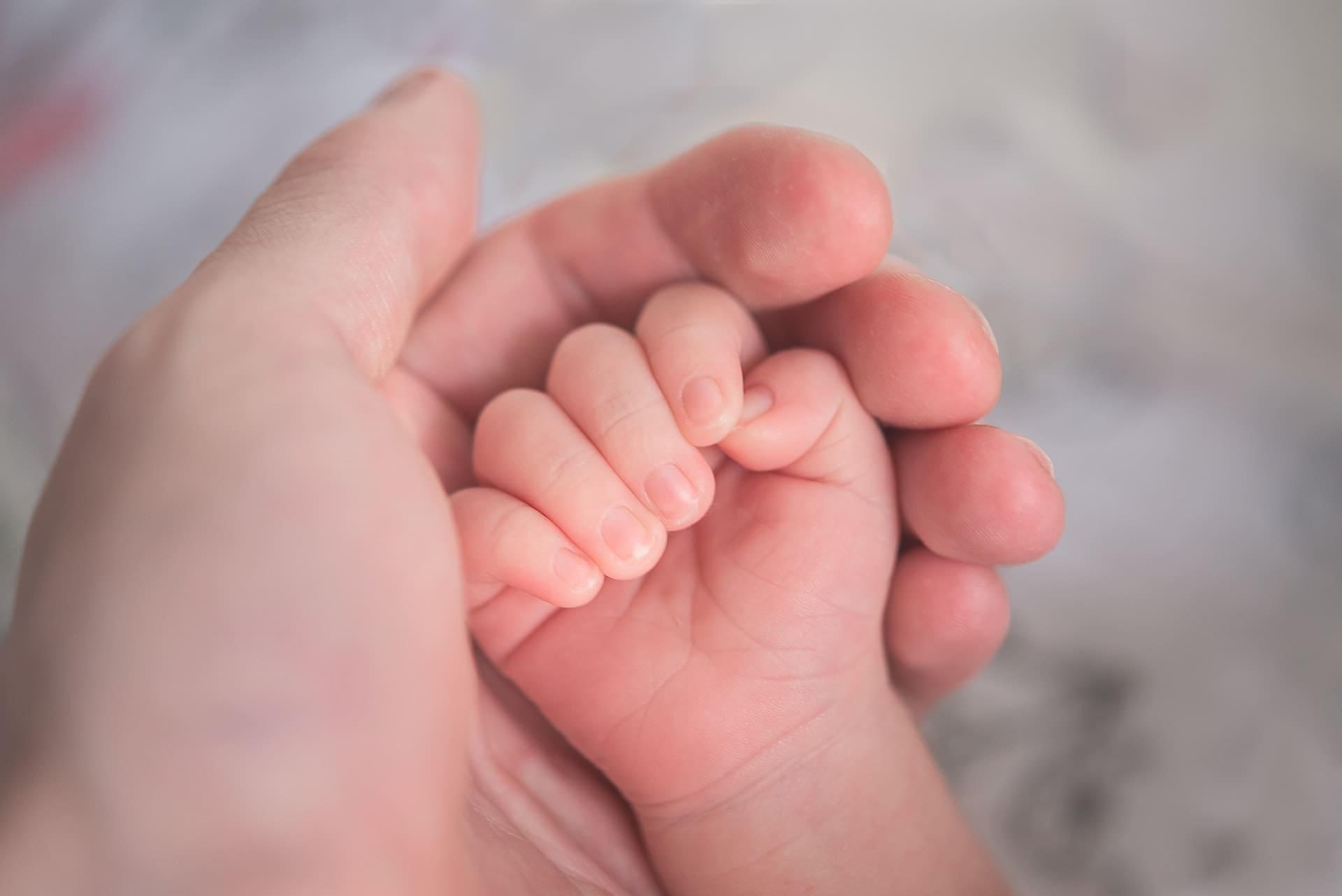
17 Nov Estate Planning Essentials When You Have a New Baby
Whether you’re adopting or expecting a baby, welcoming a new member to your family is always an exciting time. It’s also a good opportunity to get your financial affairs in order. You should start preparing for your child’s future with professional estate planning as soon as possible. Estate planning is especially important when you have children because it guarantees that someone you trust will take care of them if anything happens to you.
Even if you already have an estate plan, you’ll need to update it every time you have a child or when other life-changing events occur. At Phelps LaClair, we help new parents enjoy peace of mind with well-designed plans. Secure your child’s future with the following estate planning tips for new and experienced parents.
Four Tips for Estate Planning After Having a Baby
1. Update Your Will or Trust
You should always add the name of your new baby to your estate plan, even if you don’t plan to make any other changes. Adding names to your will or living trust makes it clear who will receive the assets in your estate. If you die without a will or without naming a trustee, your estate will go to probate, where the court will determine who will receive your assets and care for your children.
You should also set up a trust fund for your new baby. A trust fund can benefit your child during your lifetime or afterward. Name your child as the beneficiary, and name a trustee who will distribute and manage the assets. You can allow your child to access the assets in their trust once they reach a certain age or meet certain requirements.
2. Name a Guardian and a Trustee
Naming both a guardian and a trustee is one of the most important parts of estate planning for a minor child. The guardian will raise your child if they become an orphan or if your estate plan dictates that you do not wish the child’s other parent to receive full custody. The trustee will handle your child’s finances and distribute your assets according to your wishes. You can name the same person as both guardian and trustee, or name them separately. You can also change the name of the guardian or trustee at any time if you have a will or revocable trust.
3. Consider a Power of Attorney for a Minor Child
Power of attorney legally authorizes someone to act on your behalf if you become incapacitated. Naming a person who will receive power of attorney for a minor child in your estate plan ensures that someone you trust will make decisions regarding your child’s welfare. Power of attorney differs from guardianship in that it does not grant the right to care for the child.
4. Add Your Child to Your Life Insurance and Retirement Accounts
Naming beneficiaries of your life insurance policies and retirement accounts can protect your family financially when you pass. You can name your children as beneficiaries of these financial accounts as soon as they are born, but they will not be able to access the accounts until they are adults. You can amend this by setting up a trust that will receive your life insurance policy and retirement account assets, then naming a trustee to distribute those assets to your child.
Experienced Estate Planning in Arizona
When your estate plan reflects your wishes, you won’t have to worry about what will happen to your family when you’re gone. Don’t wait until after your baby arrives—if you haven’t started estate planning yet, contact the professionals at Phelps LaClair. We have over 40 years of experience in helping Arizona families create and update their estate plans. We’ll help you design a plan that protects your wishes. Call 480-892-2488 today to get started.
Images used under creative commons license – commercial use (11/17/2021). Photo by Hu Chen on Unsplash


